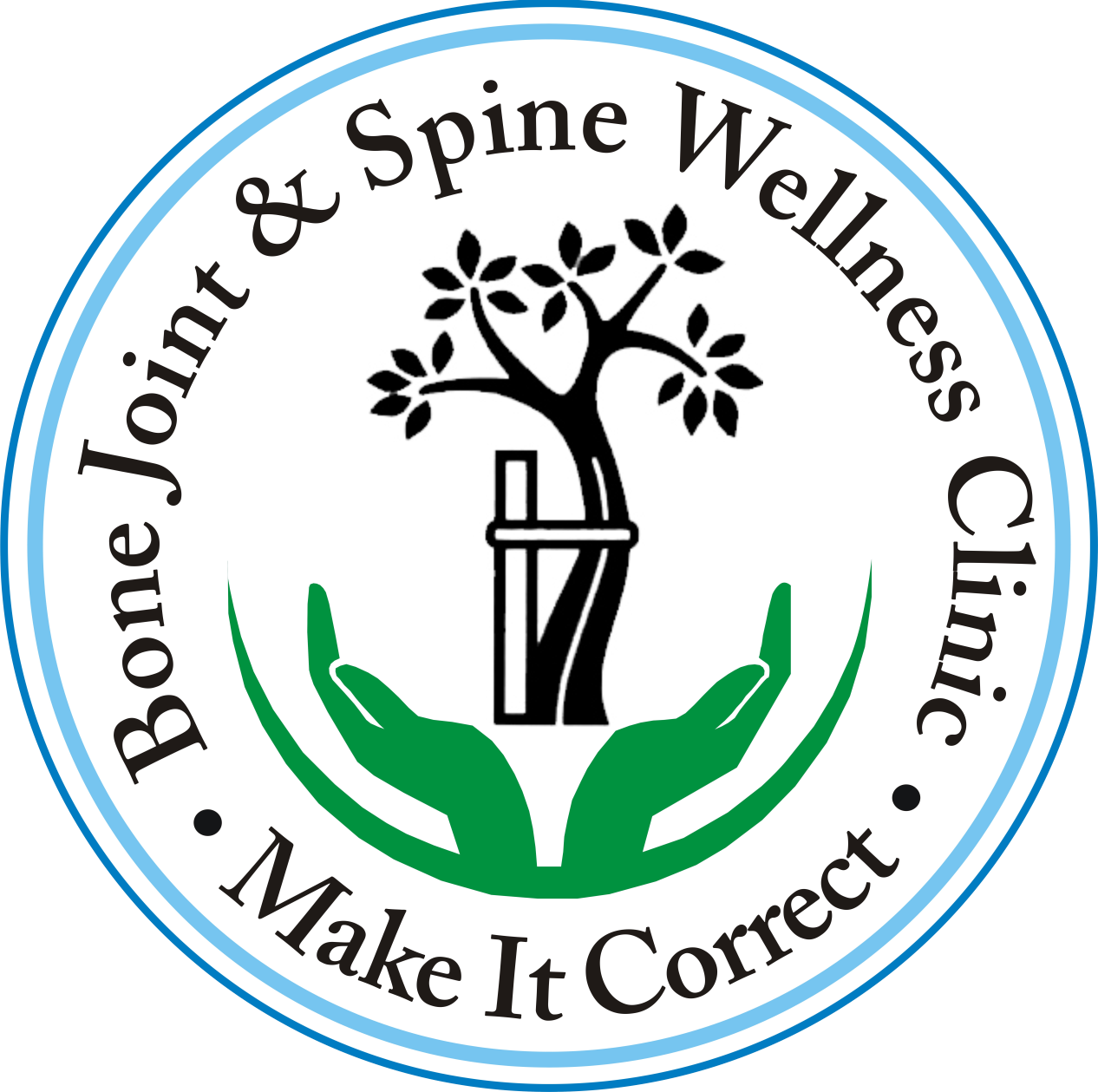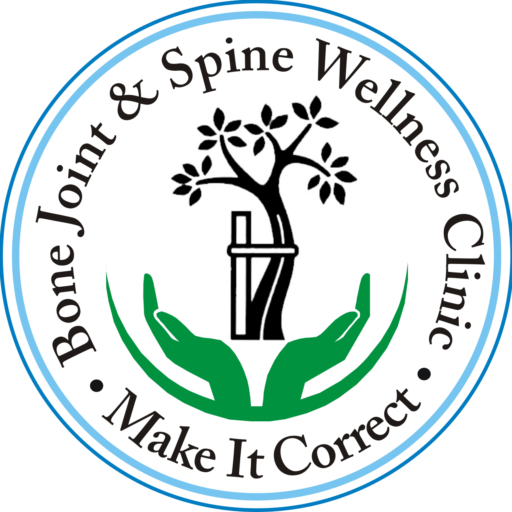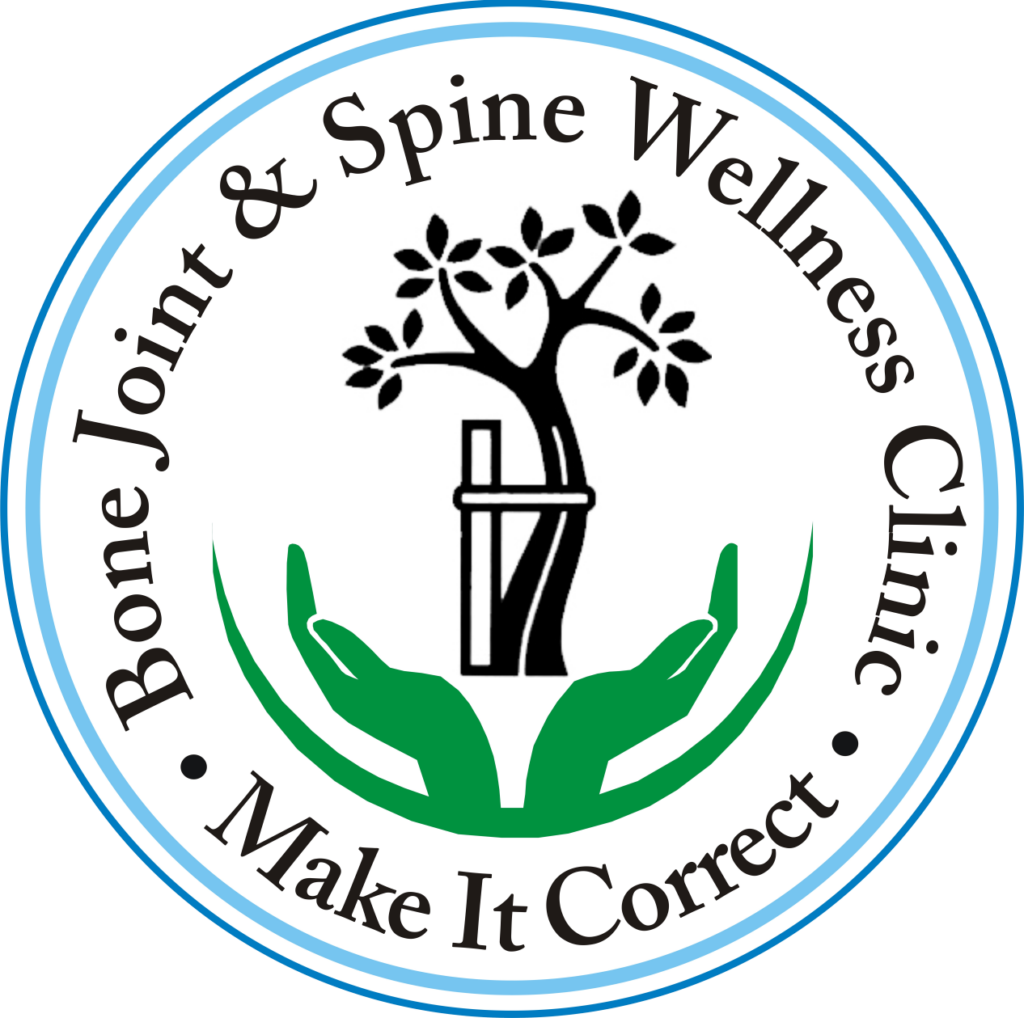Knee pain in teenagers is a common concern for many parents, especially those with active teens involved in sports or physical activities. While knee pain is often a result of growth spurts or overuse, it can sometimes signal a more serious condition that requires attention. Understanding the causes and knowing the treatment options for knee pain in teenagers can help alleviate discomfort and prevent future complications. In Indore, consulting a doctor for knee pain in Indore who understands the unique needs of teenagers can make a significant difference in managing and treating the condition effectively.
Common Causes of Knee Pain in Teenagers
Several factors can contribute to knee pain in teenagers, and it’s important to identify the cause for appropriate treatment. Some of the most common causes include:
- Growth Spurts: Teenagers experience rapid growth during puberty, which can lead to temporary knee pain. The bones grow faster than the surrounding muscles and tendons, which can cause discomfort, especially in the knee area. This condition is often referred to as “growing pains”.
- Osgood-Schlatter Disease: One of the most common causes of knee pain in active teenagers, particularly those involved in sports like soccer, basketball, or running, is Osgood-Schlatter disease. This condition causes pain and swelling just below the kneecap, where the patellar tendon attaches to the shinbone. It’s often seen in teenagers who are going through growth spurts, as the growth plate is still developing.
- Patellar Tendonitis (Jumper’s Knee): Patellar tendonitis, or jumper’s knee, occurs when the tendon connecting the kneecap to the shinbone becomes inflamed. This condition is commonly seen in athletes who engage in activities that involve jumping or running, such as basketball or volleyball.
- Patellofemoral Pain Syndrome (Runner’s Knee): Patellofemoral pain syndrome, also known as runner’s knee, occurs when there’s pain around the kneecap. This can be caused by overuse, misalignment of the kneecap, or muscle imbalances. Teenagers who play sports that involve running or repetitive movements may be more prone to this condition.
- Ligament Injuries: Knee injuries involving the ligaments, such as anterior cruciate ligament (ACL) tears, are more common in active teenagers. These injuries often occur during sports activities that involve quick pivots, jumps, or sudden stops.
- Overuse Injuries: Teenagers involved in sports or physical activities may experience knee pain due to overuse. Overtraining without proper rest can lead to conditions like tendinitis or stress fractures, causing knee pain and swelling.
Treatment Options for Knee Pain in Teenagers
While knee pain in teenagers is common, most cases can be managed effectively with conservative treatments. If your teenager is experiencing knee pain, it’s important to seek the advice of a doctor for knee pain in Indore to ensure the correct diagnosis and treatment. Here are some common treatment options:
- Rest and Activity Modification: The first step in treating most knee pain in teenagers is rest. Reducing or temporarily stopping physical activities, especially high-impact sports, allows the knee to heal. If the pain is related to a growth spurt, the discomfort will often subside on its own with rest.
- Ice and Compression: Applying ice to the affected knee can help reduce swelling and relieve pain. Compression with a knee brace or wrap can also provide support and reduce inflammation. Ice and compression should be used in intervals, especially after physical activity.
- Physical Therapy: Physical therapy is an essential treatment option for knee pain caused by muscle imbalances, patellar tendinitis, or patellofemoral pain syndrome. A physical therapist can design a personalized exercise program to strengthen the muscles around the knee, improve flexibility, and correct any movement patterns that may be contributing to the pain.
- Over-the-Counter Medications: Nonsteroidal anti-inflammatory drugs (NSAIDs), such as ibuprofen, can help reduce pain and swelling associated with knee injuries. These should be used as directed by a healthcare professional.
- Knee Braces or Supports: In some cases, using a knee brace or patellar support can help relieve pressure on the knee joint and provide stability during physical activities. Your doctor may recommend a specific type of brace depending on the condition causing the pain.
- Stretching and Strengthening Exercises: Teenagers with knee pain due to overuse or muscle imbalances may benefit from specific stretching and strengthening exercises. A physical therapist can guide your teen through exercises designed to improve flexibility, strengthen the quadriceps and hamstrings, and enhance overall knee stability.
- Surgical Treatment: While most cases of knee pain in teenagers can be treated conservatively, some severe injuries, such as ACL tears or cartilage damage, may require surgical intervention. Surgery is typically considered only when other treatments have not provided relief.
Preventing Knee Pain in Teenagers
Preventing knee pain involves a combination of proper training, adequate rest, and good habits. Here are some steps that can help reduce the risk of knee pain in teenagers:
- Warm-Up and Cool Down: Encourage your teenager to warm up before physical activities and cool down afterward to prevent muscle strain and injury.
- Proper Footwear: Ensure that your teen wears proper shoes that provide adequate support for their activities.
- Balanced Exercise Routine: Encourage your teenager to follow a well-rounded fitness routine that includes strength training, flexibility exercises, and aerobic conditioning.
- Avoid Overuse: Give your teenager adequate rest between sports practices or activities to prevent overuse injuries.
When to See a Doctor
If your teenager’s knee pain is persistent, severe, or accompanied by swelling, instability, or difficulty moving the joint, it’s important to consult a doctor. A healthcare professional can accurately diagnose the condition and recommend appropriate treatments to ensure a full recovery.
If your teenager is experiencing knee pain, seeking out a specialist is crucial for proper care. The right doctor for knee pain in Indore will provide a thorough evaluation and offer a treatment plan tailored to your teenager’s needs.
Knee pain in teenagers is common, especially for those involved in sports and physical activities. Understanding the causes and knowing the treatment options for knee pain in teenagers can help your teen recover and return to their activities. If knee pain persists or worsens, seeking help from a doctor for knee pain in Indore will ensure your teen gets the proper diagnosis and care. With the right treatment and preventive measures, most teenagers can overcome knee pain and stay active and healthy.



